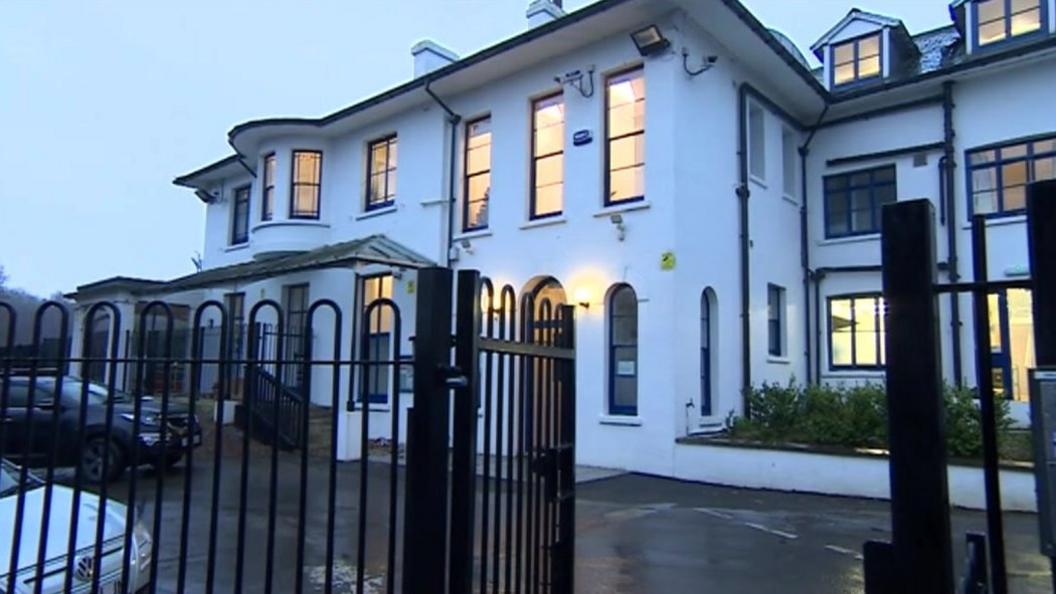Free school aims to raise poor white pupils' aspiration
- Published

The school says it will have a longer school day to improve literacy
A free school to open in Barnsley aims to raise the aspirations of white working class children - identified as the lowest-achieving group.
Elements primary school will have an extended day, as recommended by MPs examining underachievement among poor white pupils.
The Department for Education has approved 38 more free schools.
The National Union of Teachers warned of an "untested experiment with children's futures".
Elements primary, which plans to open in September 2015, will serve an area of Barnsley, South Yorkshire, with a "predominantly white working class community", where more than half the pupils will be expected to be eligible for free school meals.
Extended day
On Wednesday, the education select committee called for greater efforts to support poor white pupils, who had much worse exam results than disadvantaged black and Asian pupils.
"One of the big challenges our pupils face is simply low language skills and low confidence levels," says Josie Thirkell, head of the Wellspring Academy Trust, which co-ordinated the Elements school proposal.
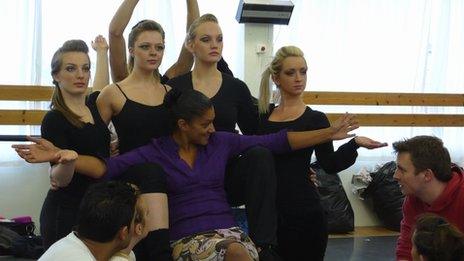
Sixth form college based on the Liverpool Institute for Performing Arts is to open
"We will be offering an extended school day which will give us the chance to dedicate more time to basic literacy - giving them the best chance of accessing the whole curriculum."
The school will have an emphasis on improving literacy, with 12.5 hours per week, to make sure pupils have the reading skills needed to tackle other subjects.
The latest wave of free schools will have 22,000 places. These are state-funded schools which are set up by groups of parents, charities or academy trusts. Once open they operate with the same autonomy as academies.
There are 174 free schools open and this latest group will mean a further 157 have been approved.
These include expansions of existing chains. There will be three additions to the Perry Beeches group of schools in Birmingham and two more schools in Croydon in the ARK chain.
In Liverpool there will be a sixth form college for the performing arts, based on the Liverpool Institute for Performing Arts. It is being launched by the creator of the BRIT School in Croydon.
There will also be a Powerlist Post-16 Leadership College in Lambeth, south London, supported by the Powerlist magazine which profiles the "most influential" black people in the UK.
The proposed college aims to "identify tomorrow's top leaders irrespective of their race, gender, faith or ethnicity and provide opportunities to accelerate the development of these young people as leaders".
'Fantasy'
Free schools have been strongly opposed by teachers' unions, which have accused them of being ideologically driven and a diversion of funds away from creating extra places where they are most needed.
When the current wave of approvals are fully open, free schools will have 175,000 places, in a school system of 8.3 million pupils.
"The education secretary persists in the fantasy that free schools will offer an education unavailable in other state-funded schools. The reverse is true. What is being offered to parents and pupils is an untested experiment with children's futures," said the NUT's general secretary, Christine Blower.
"The free schools policy is emphatically not about empowering parents, teachers or local communities."
Mary Bousted, head of the ATL teachers' union, said: "We are concerned that more than 20% of free schools have been established in areas where there is no shortage of school places and, since they are not part of the local authorities' planning procedure, they make it difficult for parents to get their child into a local school of their choice."
But Natalie Evans of the New Schools Network, which supports groups opening free schools, said: "The popularity of free schools around the country shows no sign of abating - be that from groups wanting to set up new schools or from parents wanting to secure a place for their child. Just as importantly, these schools are raising standards and outperforming other state schools.
"Free schools inspected so far were more than twice as likely to be judged 'outstanding' as other state schools."
The Department for Education says that 84% of approved free schools are in "areas most in need of more school places" and that half will in the most deprived parts of the country.
Education Secretary Michael Gove said: "Thanks to our free school programme, many more parents now have a new school in their neighbourhood offering high standards and tough discipline. Free schools put teachers - not bureaucrats and politicians - in the driving seat, as they are the ones who know their pupils best."
- Published18 June 2014
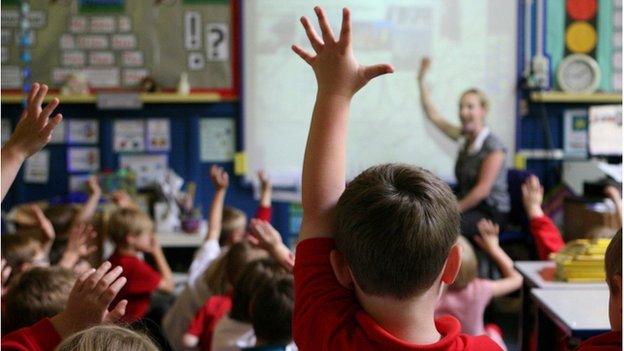
- Published12 May 2014
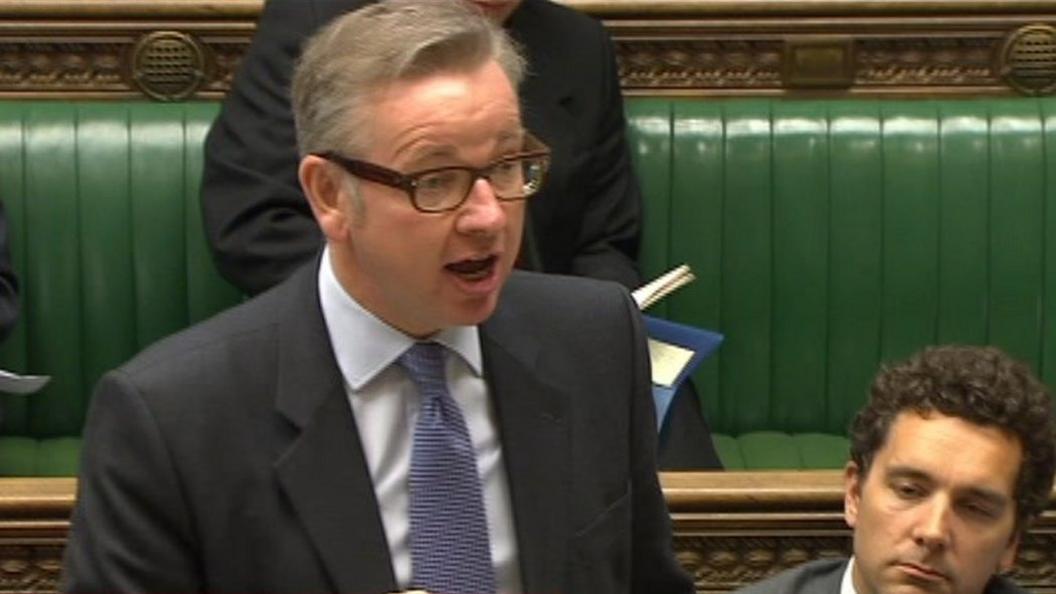
- Published9 May 2014
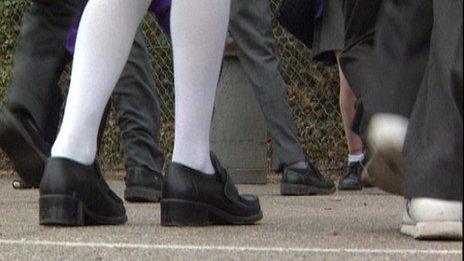
- Published4 May 2014
